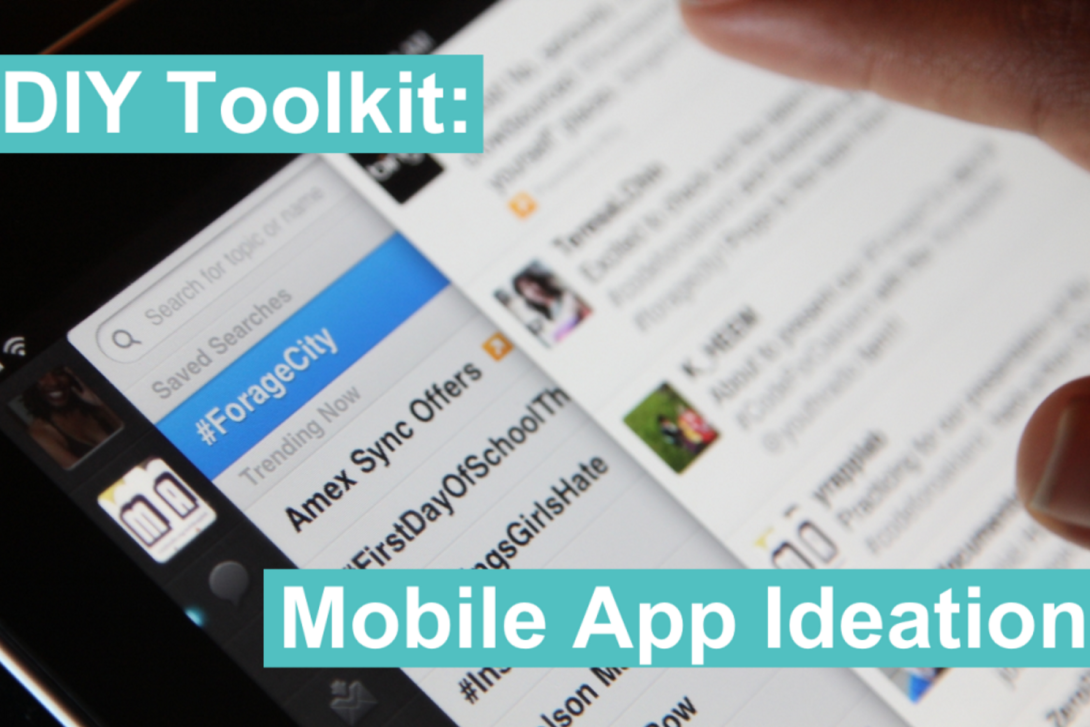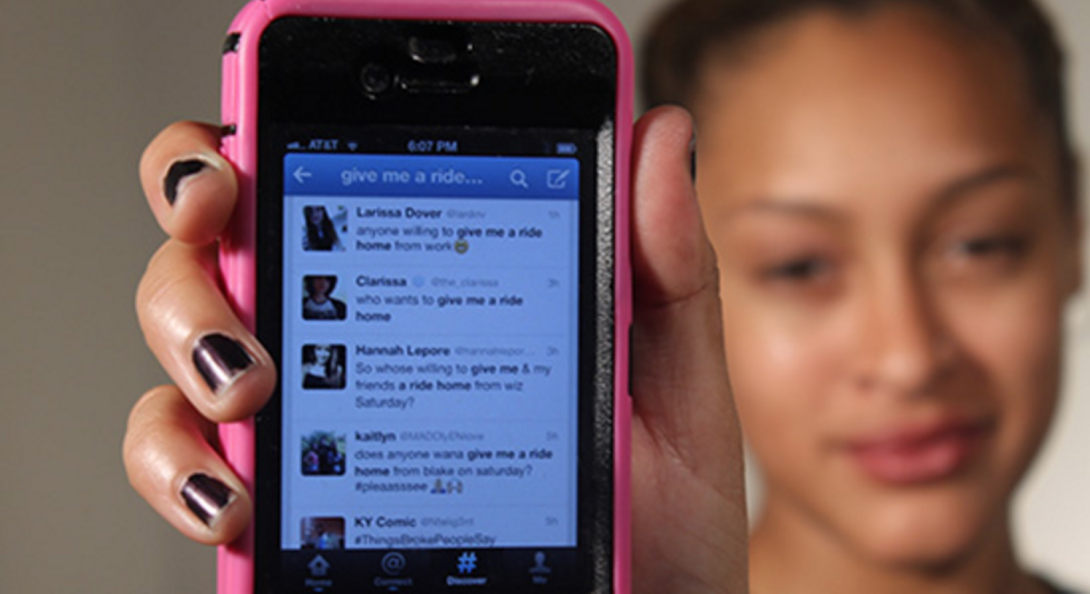Resources included in these libraries were submitted by ITEST projects or STELAR and are relevant to the work of the NSF ITEST Program. PDFs and/or URLs to the original resource are included in the resource description whenever possible. In some cases, full text publications are located behind publishers’ paywalls and a fee or membership to the third party site may be required for access. Permission for use must be requested through the publisher or author listed in each entry.
STELAR Projects
VideoLearn about current and past ITEST projects, including how to search the database and download information, as well as how to contact project members and view related resources.
STELAR Resources
VideoLocate key resources on the STELAR website: access evaluation instruments, publications and curricular materials used or developed by ITEST projects, and view details about current and past events, news, and dissemination opportunities.
STELAR Curated Lists
VideoSTELAR maintains curated lists of resources on the following themes: ITEST Program Findings contains resources disseminated by ITEST projects organized by content area; ITEST Proposal Development is an organized list of resources relevant for those interested in learning more about the ITEST
Hall Map and Restaurant List
PublicationHotel map and list of restaurants for the 2016 STELAR PI Summit
ITEST Data Brief: ITEST in Action
PublicationITEST Data Brief Volume 3, Issue 1, March 2016 This data brief provides information on the composition of ITEST project participants, what activities they engage in, in what settings, and what projects feel contributes to their project's success based on projects submissions to the 2014-2015 ITEST Management Information System (MIS) Annual Survey.
Engaging Secondary Students in Regionally Relevant Science Topics Through Videography - Lens on Climate Change
PublicationOne of today’s equity challenges is the need to increase media literacy among all students, especially traditionally marginalized students. Watkins (2012) challenges educators when he states, “Tools literacy is foundational; design literacy is tranformational” (p. 9). In this chapter, implementation models for seven different types of media projects that have been successfully piloted with 78 secondary students primarily from impoverished backgrounds are provided (Gold et al., 2015; Rooney-Varga et al., 2014). Results from the evaluations show that students’ experiences while participating in
Lens on Climate Change: Making Climate Meaningful through Student-Produced Videos.
PublicationLearning about climate change is tangible when it addresses impacts that can be observed close to home. In this program, 64 diverse middle and high school students produced videos about locally relevant climate change topics. Graduate and undergraduate students provided mentorship. The program engaged students in research and learning about climate change and sparked their interest in science careers. Evaluation results showed that students were highly motivated by the experience, developed a genuine interest in their science topic, learned about the scientific process and developed 21st
ITEST Snapshot 2016: An Overview of NSF's ITEST Program
PublicationThe attached document provides an overview of NSF's ITEST Program from 2003-2015.
DIY Toolkit: How To Come Up With Your Own Mobile App
Curricular Materials
Intro – Mobile App IdeationWHY APPS? Well, to start with, they’re everywhere. According to the Pew Research Center, 78% of teens now have a cell phone, and almost half (47%) of those own smartphones. And, perhaps more importantly, apps are also really cool! No matter what you’re interested in, there can (and probably is) an app for that. But teens don’t have to be limited to the role of consumer in today’s digital marketplace. All you need is a little know-how and an idea — which is the focus of today’s DIY curriculum.But coming up with an idea can be harder than it sounds. With all the
DIY Toolkit: Controlling Your Online Presence
Curricular Materials
MAINTAINING PRIVACY, MARKETING YOURSELF, MAKING SOCIAL CHANGE. Love it or loathe it, social media is a powerful force in today’s constantly-documented world. Thanks to the proliferation of smart phones, high-speed internet and social networking sites, teens today have unprecedented access to their peers — and sometimes unknowingly also allow others access to their information. In short, when social media is put to good use, it is one of the most influential tools teens can use for civic engagement and social change, not to mention self marketing (just ask former YouTube star Justin Bieber!)